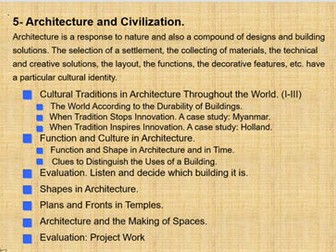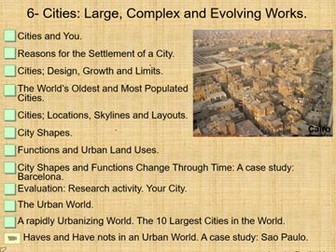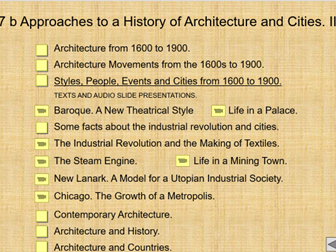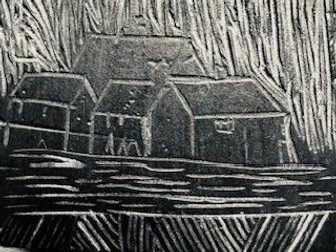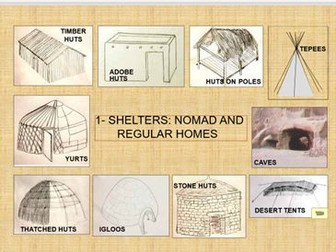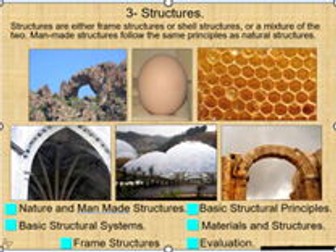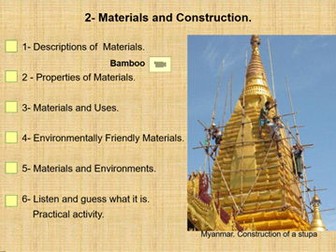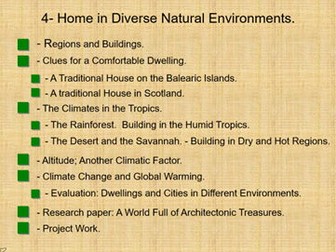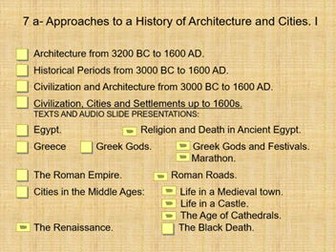Architecture 5: Architecture and Civilization.
<ul>
<li>Cultural Tradition in Construction Throughout the World.<br />
- The World According to the Durability of Buildings.<br />
- When Tradition Stops Innovation. A case study: Myanmar</li>
<li>When Tradition Inspires Innovation. A case study: The Netherlands<br />
Function and Culture in Architecture. A case study: Iran Listening.
<ul>
<li>Function and Shape in Architecture</li>
<li>Function and Shape in Time</li>
<li>Clues to Distinguish the Uses of a Building</li>
</ul>
</li>
<li>Shapes in Architecture.</li>
<li>Temples: Plans and Fronts.</li>
<li>Architecture and the Making of Spaces</li>
</ul>
